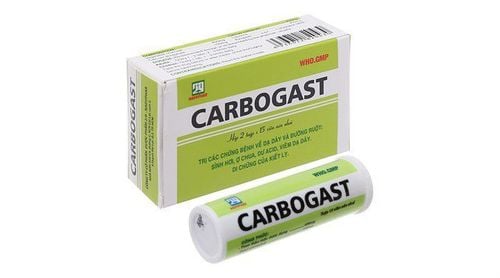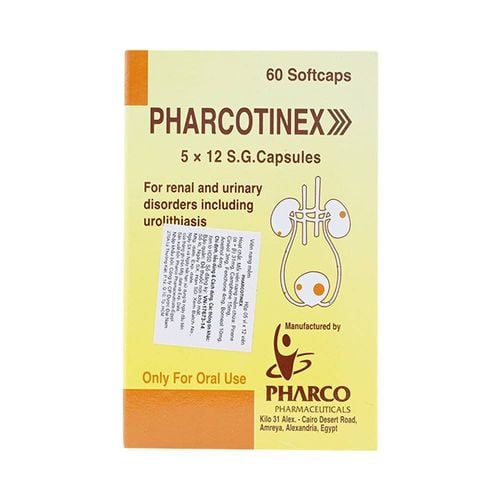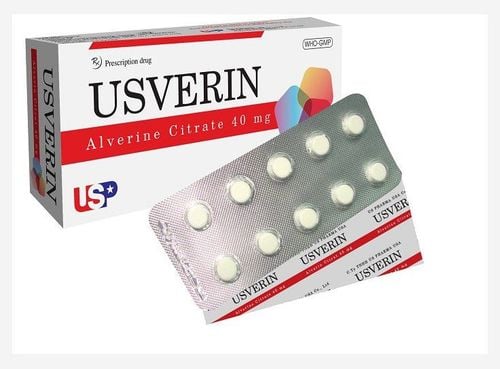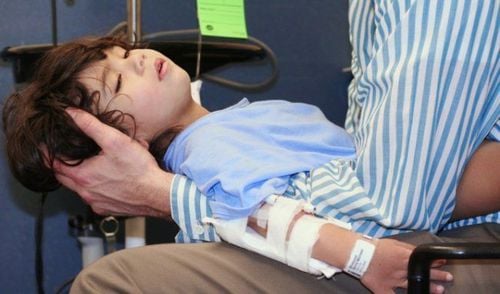This is an automatically translated article.
Endoscopic extracorporeal lithotripsy is a surgical treatment method, usually applied to kidney stones less than 15 mm in size or ureteral stones in the upper third with size less than 10 mm.
1. What is extracorporeal lithotripsy?
It is a universal treatment for urinary stones that most medical facilities can perform. This method uses magnetic waves generated by the lithotripsy machine to penetrate the skin to focus on the stone and break the stone into many small pieces, then the stone is excreted in the urine. Most patients need more than 1 time to get rid of the stone.
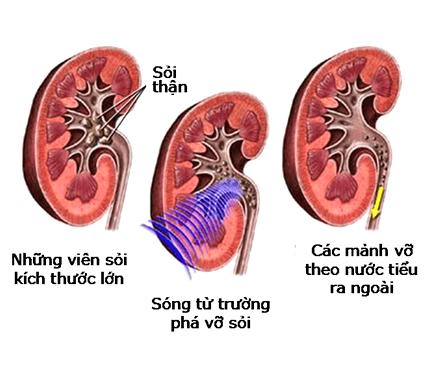
Tán sỏi ngoài cơ thể
2. When is the indication for extracorporeal lithotripsy?
Kidney stones less than 15mm in size. Ureteral stones in the upper third with a size less than 10mm.
3. How is extracorporeal lithotripsy performed?
The nurse will take the patient to the lithotripsy room. The patient lies supine on the bed of lithotripsy, mentally comfortable, breathing evenly to avoid moving stones with breathing rhythm. The doctor applies a layer of ultrasound gel to the skin on the side of the ribs corresponding to the location of the lithotripsy. The nurse helps the patient wear noise-cancelling headphones to make them more comfortable when hearing the "pop" sound during the lithotripsy. When the patient is in a really comfortable position, the doctor and nurse will perform an extracorporeal lithotripsy procedure for the patient. Patients will be placed intravenous lines and injected with pain relievers, anti-bleeding drugs 30 minutes before lithotripsy.
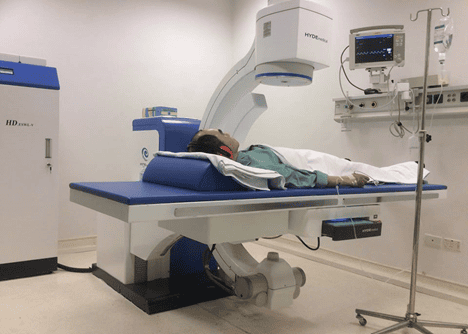
Hình ảnh bệnh nhân tán sỏi ngoài cơ thể
4. What should be noted before extracorporeal lithotripsy?
Eat - drink normally. Always carry any medications you are taking. Patients taking anticoagulants and antiplatelet agents should consult a urologist. Because the patient may have to stop taking these drugs about 5-7 days before the procedure.
5. What are the common complications after extracorporeal lithotripsy?
The patient may have blood in the urine or a little blood in the urine for about 72 hours after the lithotripsy, then it will go away and do not need intervention. Pain from moving stones: If pain is mild - no intervention is needed. If you have renal colic – consult a urologist immediately. Patients with broken stones causing obstruction in the ureter: This case needs immediate surgery. Bruising of the skin at the canopy site: It goes away on its own and does not require intervention. Urinary tract infection, high fever caused by bacteria released from broken stone: Need to see a urologist immediately. Kidney injury after extracorporeal lithotripsy. The stone did not break after the dissolution, leading to the patient having to disperse more than once or having to switch to another stone treatment method.

Hình ảnh bệnh nhân đau do sỏi tiết niệu
6. What should be done to prevent complications after extracorporeal lithotripsy?
Drink plenty of water after canopy (2-3 liters of water/day). Avoid hitting the skin and body areas at the canopy. Take the medicine exactly as prescribed by the doctor. Make an appointment to check back in 1 month. If you have symptoms of high fever, kidney pain or other unusual symptoms, you need to see a urologist immediately.
Please dial HOTLINE for more information or register for an appointment HERE. Download MyVinmec app to make appointments faster and to manage your bookings easily.




